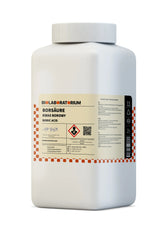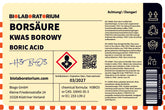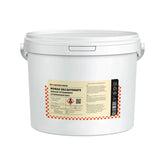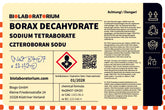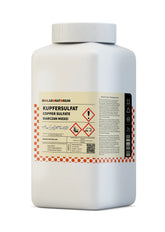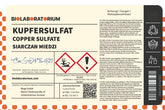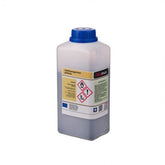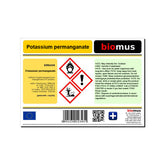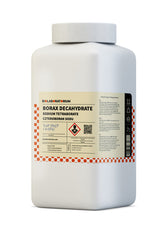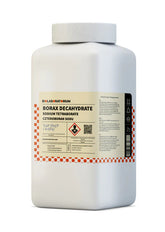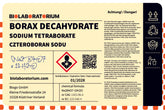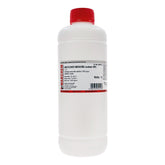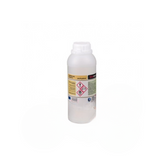Essential Tea Tree Oil – Natural Antiseptic
Essential oils have gained increasing popularity in recent years. One of the best-known and most versatile oils is tea tree oil. In this blog post, you will learn more about the amazing properties and applications of this natural antiseptic.
What is tea tree oil?
Tea tree oil, also known as melaleuca oil, is extracted from the leaves of the Australian tea tree (Melaleuca alternifolia). This tree is native to Australia and has been used by the Aborigines for medicinal purposes for centuries.
The essential oil is obtained by steam distillation from the leaves and young twigs of the tea tree. It is characterized by a fresh, slightly camphor-like scent and is colorless to slightly yellowish.
Ingredients and effects of tea tree oil
Tea tree oil contains over 100 different ingredients, with the main active ingredient being terpinen-4-ol. This alcohol makes up about 40% of the oil and is responsible for most of its positive properties.
Other important components are α-pinene, γ-terpinene, and 1,8-cineole. Together, they give the oil its diverse effects:
Antimicrobial effect
Tea tree oil has strong antibacterial, antiviral, and antifungal effects. It can be used effectively against a wide range of pathogens, including staphylococci, streptococci, Candida fungi, and even MRSA bacteria.
Anti-inflammatory
Due to its anti-inflammatory properties, tea tree oil can be helpful for skin irritations, insect bites, or acne. It relieves swelling and redness.
Wound healing
Tea tree oil promotes wound healing as it supports the formation of scar tissue. It also has antiseptic properties and prevents infections.
Antioxidant
The terpenes contained in tea tree oil have a strong antioxidant effect. They protect cells from free radicals and thus prevent premature skin aging.
Applications of tea tree oil
Due to its diverse properties, tea tree oil can be used in numerous areas. Here are some examples:
skin care
Tea tree oil is excellent for treating skin problems such as acne, eczema, boils, or nail fungus. It can be used pure or in creams and ointments.
Disinfection
As a natural antiseptic, tea tree oil helps disinfect and heal wounds, cuts, or burns. It can also be used to disinfect surfaces.
Respiratory diseases
For colds, flu, or bronchitis, tea tree oil can relieve symptoms. It can be inhaled or used in steam baths.
Insect repellent
Tea tree oil is excellent as a natural insect repellent. It helps against mosquitoes, ticks, and other annoying pests.
Hair care
Some people also use tea tree oil to treat scalp problems such as dandruff or lice. It is also said to promote hair growth.
Safety instructions and application
Although tea tree oil is considered very safe, some precautions should be observed:
- It should only be used pure in exceptional cases and in very small amounts, as it can be irritating to the skin.
- Tea tree oil is not suitable for children and pregnant women.
- Extreme caution is required for internal use, as it can be toxic in higher doses.
- Before use, a skin test should always be performed to rule out intolerances.
In general, it is recommended to apply tea tree oil diluted in carrier substances such as vegetable oils or creams. This allows the effect to be well controlled and irritation to be avoided.
Conclusion
Tea tree oil is a true natural wonder with a variety of uses. As a natural antiseptic, anti-inflammatory, and antioxidant, it offers numerous benefits for skin, hair, and health. With the right application, everyone can benefit from the positive properties of the essential oil.

